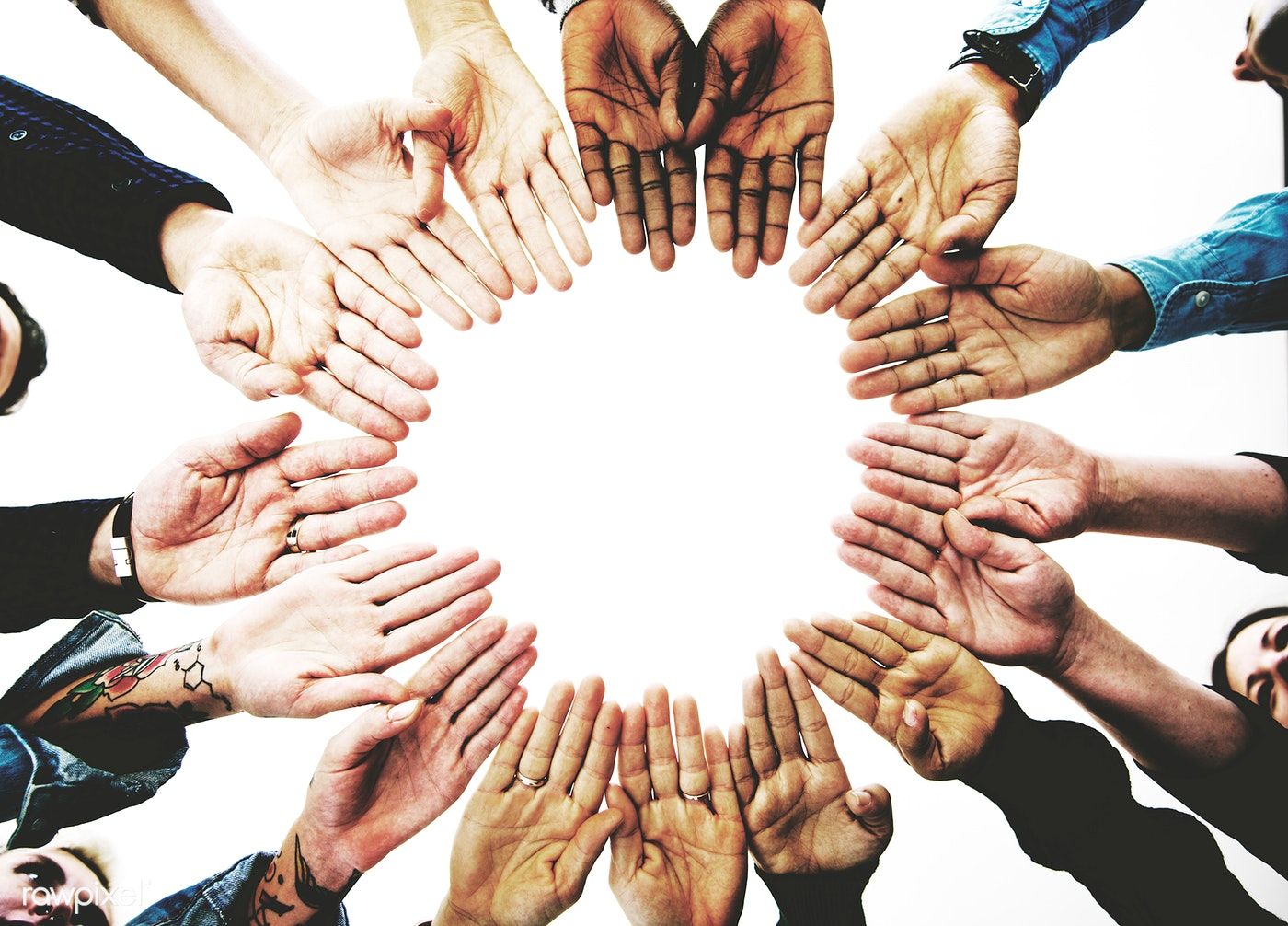

It is neither race, religion, culture or nationality that should drive us to help others, it is the one common thread between all of us that should be our inspiration...our humanity.
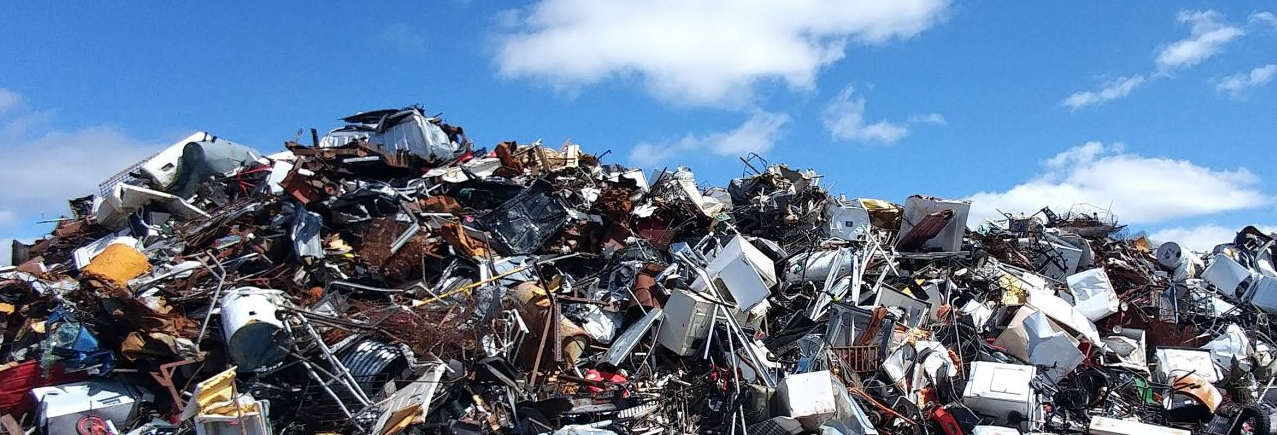
Overconsumption is a situation where resource use has outpaced the sustainable capacity of the ecosystem. A prolonged pattern of overconsumption leads to environmental degradation and the eventual loss of resource bases. The overconsumption of energy, water and raw materials worsens climate change and increases air pollution. It exhausts the planet's life support.
+ Details
Human-driven and natural loss of trees—deforestation—affects wildlife, ecosystems, weather patterns, and even the climate. Deforestation affects the people and animals where trees are cut, as well as the wider world. Some 250 million people living in forest and savannah areas depend on them for subsistence and income—many of them among the world’s rural poor.
+ Details
Earth’s vast oceans, viewed as an infinite supply of food and a bottomless repository for our waste, have been pushed to the brink. Now, with sea levels rising and coral reefs dying, our oceans’ ability to support marine life — and us — is at risk. It is time to sound the alarm. Just 13% of the world’s oceans have intact marine ecosystems, while the rest have been plundered and degraded.
+ Details
Climate change affects the social and environmental determinants of health –clean air, safe drinking water, food and secure shelter. Between 2030 and 2050, climate change is expected to cause approximately 250 000 additional deaths per year, from malnutrition, malaria, diarrhoea and heat stress. Climate change will likely increase the frequency and strength of extreme events.
+ Details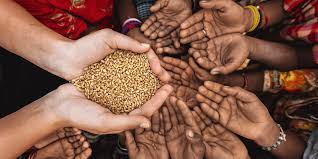
Over 1 billion people worldwide (around one-sixth of the world population) suffering from hunger, over 30 cases of food-related unrest having erupted around the world since 2008, 25,000 children dying daily from malnutrition, 2 billion people currently suffering from micro-nutrient deficiencies, local food prices in most developing countries being too expensive for hundreds of millions of people.
+ Details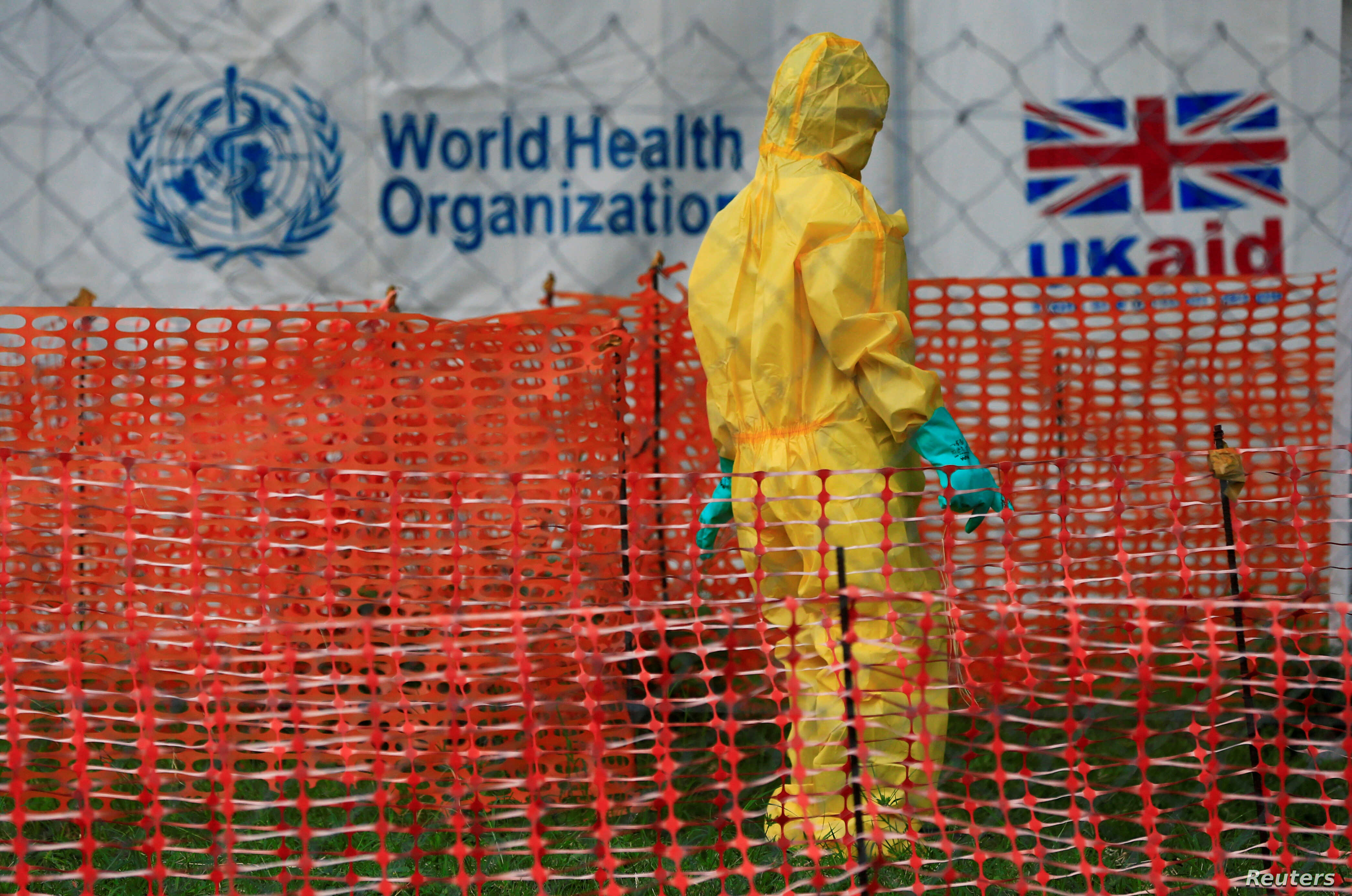
Better health is central to human happiness and well-being. It makes an important contribution to economic progress, as healthy populations live longer, are more productive. Many factors influence health status and a country's ability to provide health services for its people. A large body of evidence confirms that many people in the developing world go without health care from which they could benefit greatly.
+ Details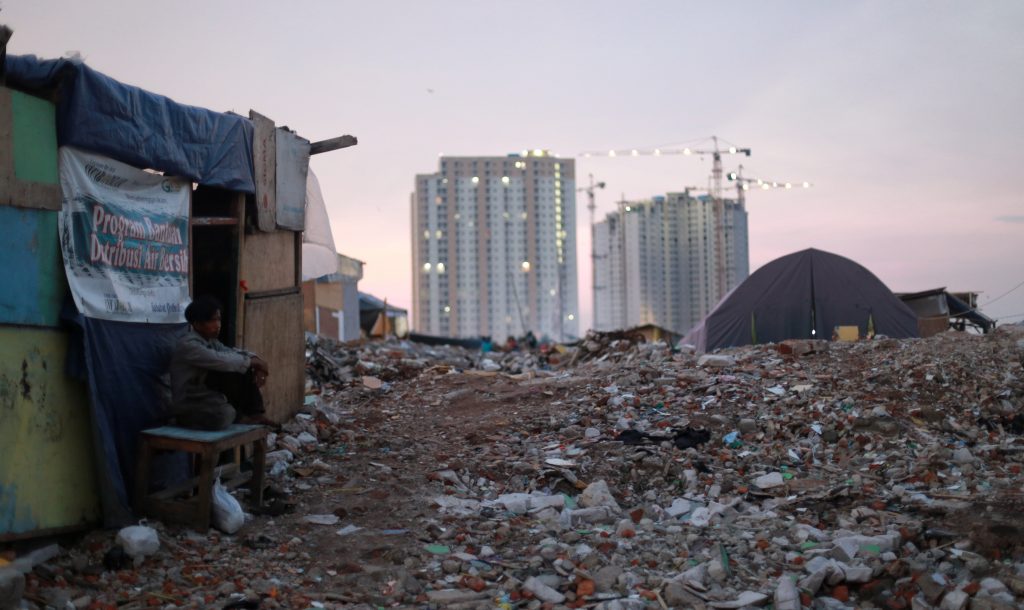
With a marked increase in extreme poverty and profound inequalities of income and wealth plaguing most nations (approximately half the world’s population lives on less than 1% of its wealth), extreme poverty and inequality continue to leave communities in an almost irreversibly devastating state of vulnerability. High poverty rates are often found in small, fragile and conflict-affected countries.
+ Details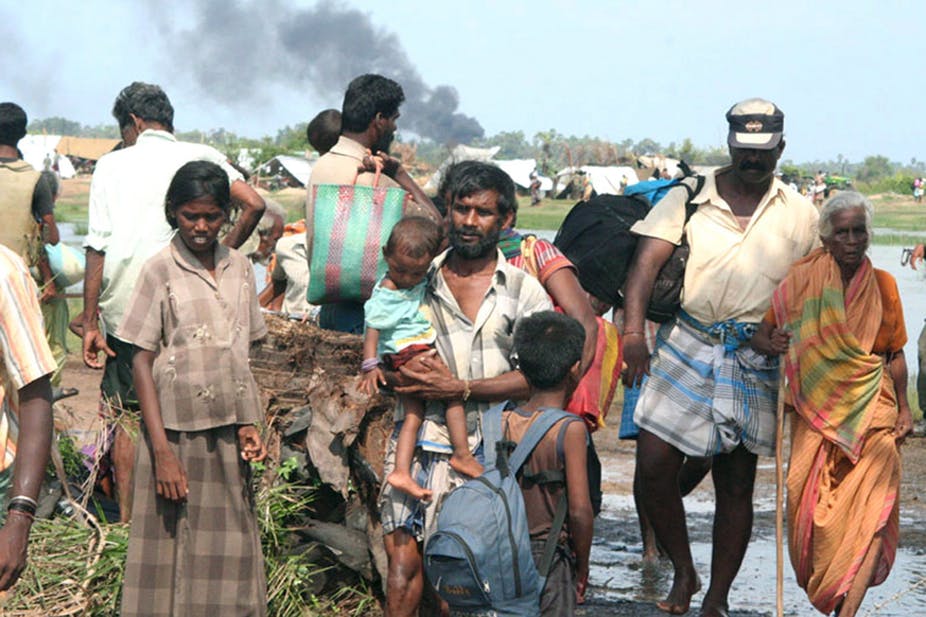
Human rights are rights inherent to all human beings, regardless of race, sex, nationality, ethnicity, language, religion, or any other status. Human rights include the right to life and liberty, freedom from slavery and torture, freedom of opinion and expression, the right to work and education, and many more. Approximately 27 million people are currently enslaved in the human trafficking trade around the world.
+ Details